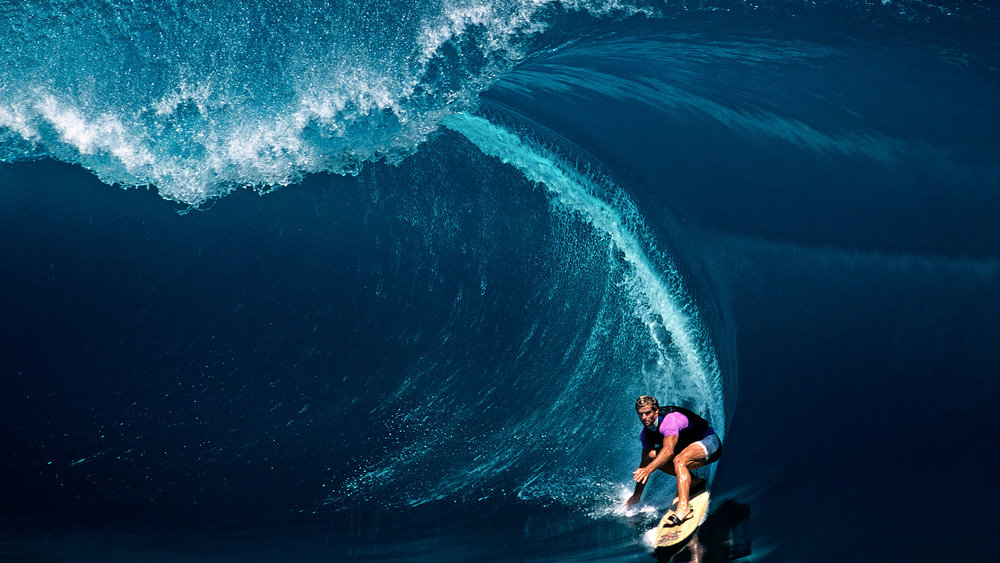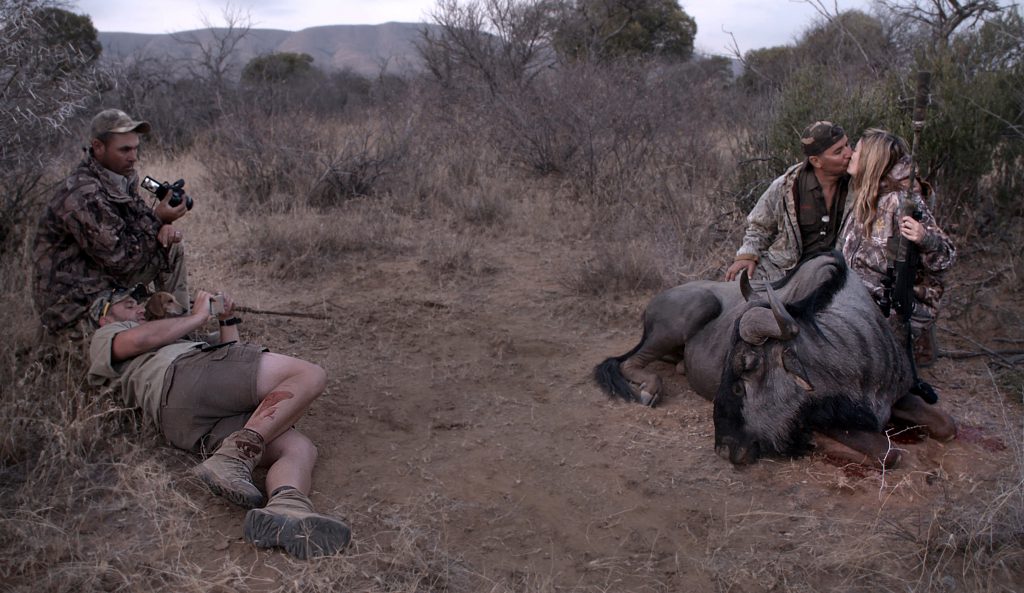This past month, I watched three remarkable documentaries that took me wholly out of the travails of my own life and immersed me in the lives of others. Each one took me to a new corner of the globe, which was sooo satisfying. Isn’t that pretty much the #1 reason to see a documentary!?
Joshua: Teenager v. Superpower
(92% for Critics and 91% for Audiences on Rotten Tomatoes)

Joshua: Teenager v. Superpower was the Audience Winner for Documentaries at the 2017 Sundance Film Festival, and is now available to watch on Netflix.
Grab the kids and watch this one together; it’s an honor to get to know one of the world’s most impassioned advocates. At age 14, Joshua knew that his calling was to protest Hong Kong’s new universal education system and created a resistance movement called Scholarism. Instead of worrying about homework, he began to organize a student protest that gradually caught the attention of everyone in Hong Kong. With a gang of friends, he effectively defied the Chinese rule with a student sit-in, articulating a generally accepted sentiment of Hong-Kongers who had grown up under British rule were uncomfortable with the more stringent control of new Chinese government. Though his protests were peaceful, when a 2014 sit-in amassed thousands, the police grew violent. The “Umbrella Movement” gained fame through the Internet and remains a symbol of the struggles that Hong Kong faces today. Joe Piscatella’s documentary outlines the political stakes clearly, and offers remarkable access into the normal life of an unusual kid.
Here’s the review from Common Sense that can help you decide if the film is right for your kids – the recommendation is 14+. Joshua Wong turned 20 this year, and you can read his interview with Time Magazine from May 2017. However, in August of 2017, Joshua was put in jail where he is not doing well. Click here to learn more about his fate.
Here are some conversation starters:
1/ Take about how one person can make a difference. Can you imagine having the confidence and conviction he had about his own education?
2/ Joshua was fighting for the right for his generation to have an education that was not dictated by a government. How is that different from the education that our kids have, and can they imagine not being able to take that right for granted?
Take Every Wave: The Life of Laird Hamilton
(86% for Critics and 100% for Audience on Rotten Tomatoes)

Laird Hamilton at Teahupo’o ©Scott Aichner
Take Every Wave: The Life of Laird Hamilton is directed by Rory Kennedy (Last Days of Vietnam) and gets under the surface of a god-like athlete’s slick image with compassion and curiosity. Hamilton is so perfectly suited to the life aquatic that it’s natural to compare him to Poseidon. And yet, we learn about Laird’s fairly tough childhood (if you can call growing up in Hawaii tough), that he was bullied and emotionally adrift for most of his adolescence. He was only ever comfortable in the water.
The documentary takes us from his difficult youth to his happy camaraderie with a tight band of brothers he wrangles to surf together in a secret Hawaiian spot. The film also explores Hamilton’s innovative adaptation of facets of wind surfing, tow-surfing and technological advances in other sports to improve his own performance. The film ends with crazy footage from Hamilton’s risky and triumphant dominance of what’s agreed is the toughest single ride, a huge break over coral in Tahiti. Kennedy makes us realize that Laird’s success is the natural result of his (more than) 10,000 hours on the water.
The film is fun for tweens and teens – and is probably also a must-see for detractors who dislike Laird’s non-traditional approach to wave-riding. The water shots are worth the price of admission and the last shot of the movie may be the most sublime few moments of film I’ve seen in years.
Conversation Starter:
1/ Hamilton is a controversial figure. Many purist surfers feel that Hamilton is hurting the sport, whether by exposing unvarnished breaks to crowds, or using hydroplaning and jet skis to get to waves in the deep ocean. What is the difference between forging new ground in a sport, and sticking to the most pure form?
Trophy
(100% for critics and audience alike on Rotten Tomatoes)

Mabula Pro Safaris, South Africa, August 2015: International clients pose for their trophy picture after shooting a wildebeest at Mabula Pro Safaris hunting ranch.
Trophy is a film that will make you uneasy, and is not for the feint of heart. The documentary sets out to explore the pros and cons of hunting Africa’s big game (lions, rhinos, giraffe, alligators); it follows those who raise the animals for “conservation purposes” but sell the rights to kill the older animals for cash that supports the rest of the farm. And, it follows those who come to the continent and pay to take a trophy animal home.
The issue isn’t so simple, we realize, as we meet a wealthy farmer in South Africa who has more Rhinos in captivity than anyone on the planet, claiming to preserve the species by breeding and protecting them. He cuts off their horns, and preserves them in a vault, so that one day, when he is allowed to legally sell the valuable contraband, he can use the proceeds can help him protect more animals. His argument seems to hold water until we see him fight for the right to sell his horns in the South African Parliament, at which point he comes off as a greedy businessman. And, sadly, in the end, it is American tourists who come to the continent to kill the world’s most magnificent creatures for sport. Think Cecil the Lion Hunter, except for these folks have absolutely no shame. Or heart.
Ultimately, filmmakers Shaul Schwarz and Christina Clusiau explore all sides of the trophy hunting/conservation debate and expose the uncomfortable fact that there are no easy answers. By the end of the film, it’s clear that the filmmakers are uneasy with the breeding for conservation argument, but their storytelling is so unbalanced up until this point, that an opinion almost comes as a sly surprise.
A tough topic, so only advised for adults.

